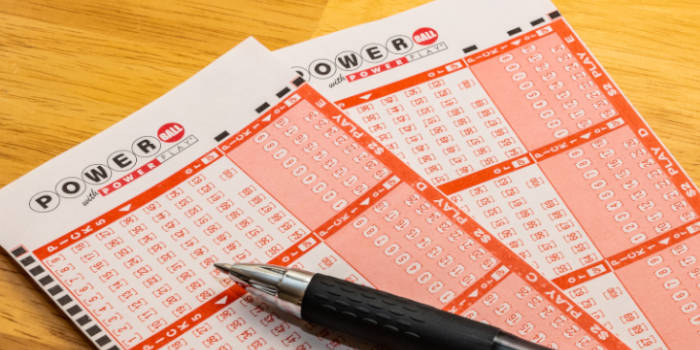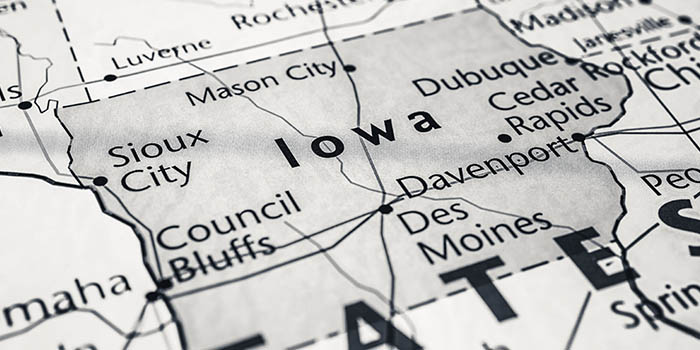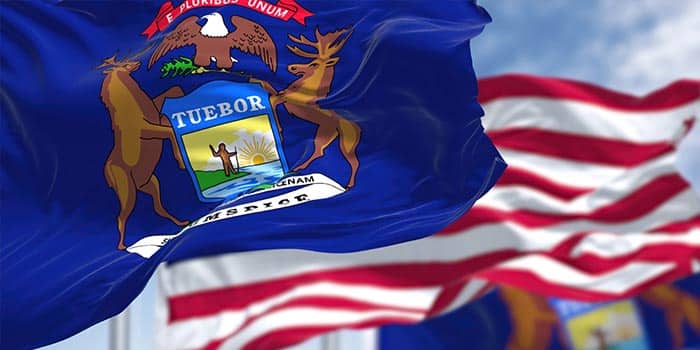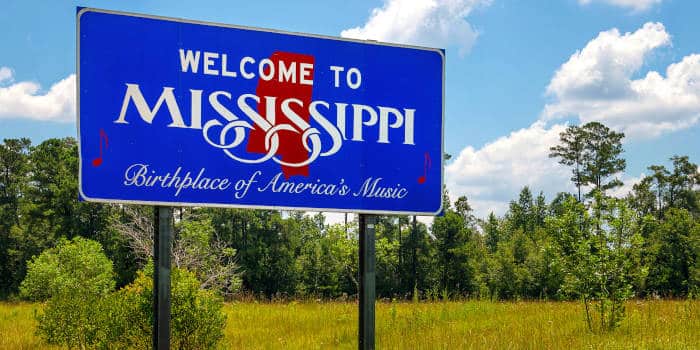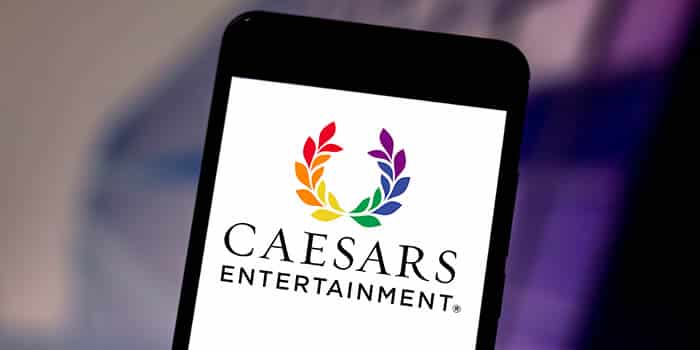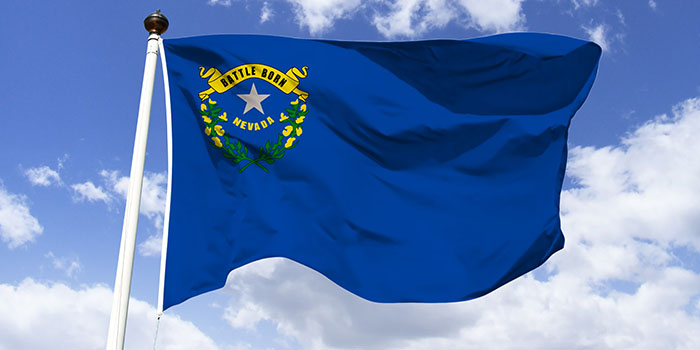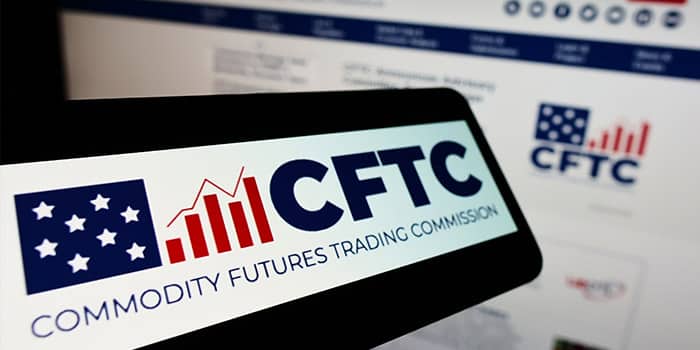Fact-checked by Stoyan Todorov
New Jersey Considers Banning Gambling Ads Near Schools and Colleges
The Garden State, one of the pioneers insofar as gambling is concerned, is moving closer to passing additional safeguards to protect young people against the prevalence of industry ads
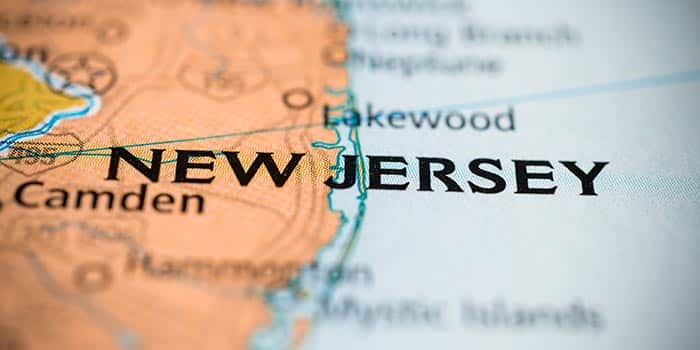
New Jersey lawmakers are debating whether they should pass a new law that would make it illegal for gambling ads to appear near schools and colleges. The move reflects a global trend of protecting youth by minimizing their exposure to gambling advertisements.
New Bill Seeks to Research Effective Messaging on Top of Ads Ban
Similar attempts are underway in the United Kingdom and Australia, where gambling ads continue to be seen by people under the legal gambling age or people who are considered to be more vulnerable to such influences.
The state Assembly advanced a bill last Thursday, which would make it possible for the New Jersey Division of Gaming Enforcement to restrict the placement of gambling advertisements near colleges and schools, with the goal of minimizing the exposure of people under the legal gambling age of 21 to such materials in the first place.
However, the bill does not seek to “jump the gun” and introduce restrictions without a proper study of the matter. Lawmakers propose a study to determine what words may prove the worst triggers for people, pushing them to gamble.
It is already established that seeing more gambling advertisements is tied to a higher frequency of gambling. This has prompted the industry to adopt a code of conduct when it comes to its advertising materials, with the new rules introduced in 2023 and specifically focusing on removing “risk-free” and “free” terms from the bonus offers and market materials used by sector stakeholders.
The argument goes that “risk-free” is a grossly misleading term, as there is indeed risk to the gambling activity associated with this type of promotion. For one, you have to deposit money to get the “risk-free” wager. The phrasing has been assaulted in courts and by lawmakers.
Study Seeks to Empower the Regulator in Helping Mitigate Gambling-Related Harm
The study will seek to explore what other trigger words that appear in advertisements could be triggers for vulnerable people, as well as further focus on determining what messaging could have the best impact in helping problem gamblers get the help they need, whether this is helping them register with a self-exclusion service or seek treatment.
The bill may focus on restricting advertising, but the study it proposes will also empower the Division of Gaming Enforcement to obligate stakeholders to use specific phrasing to help minimize potential harm tied to the industry.
Jerome brings a wealth of journalistic experience within the iGaming sector. His interest in the industry began after graduating from college, where he regularly participated in local poker tournaments. This exposure led him to the growing popularity of online poker and casino rooms. Jerome now channels all the knowledge he's accrued to fuel his passion for journalism, providing our team with the latest scoops online.




